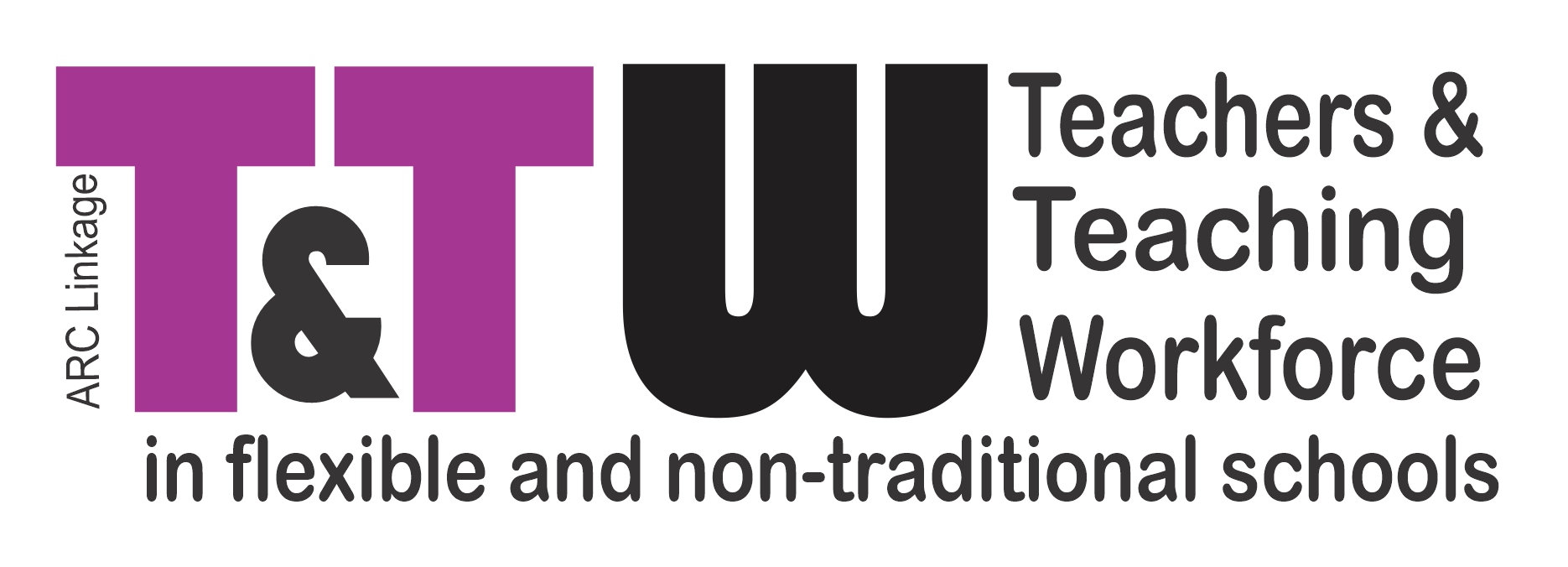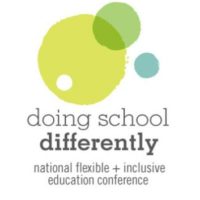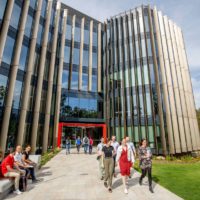 The schools that underpin this research cater to young people who have left school early or who have been excluded for behavioural issues. These schools are non-fee-paying, and their structures are, by necessity, flexible, for example, in terms of time frames for attendance, completion of curriculum and assessment, attendance; and non-traditional, for example, in terms of culture, relations, wrap-around services, curriculum and pedagogy.
The schools that underpin this research cater to young people who have left school early or who have been excluded for behavioural issues. These schools are non-fee-paying, and their structures are, by necessity, flexible, for example, in terms of time frames for attendance, completion of curriculum and assessment, attendance; and non-traditional, for example, in terms of culture, relations, wrap-around services, curriculum and pedagogy.
Flexible and non-traditional schools, also known as alternative schools, perform a vital role in enabling young people, who are disengaged from mainstream schooling, to complete their education.
Our prior research has shown that it is these disenfranchised young people who find their way into alternative education, with the staff at these schools providing young people another chance at educational success.
This study addresses the currently undocumented roles played by, and the conditions of, the teaching workforce in these sites.
Latest posts
Podcast: Teaching in flexible and non-traditional schools
Glenda McGregor, Aspa Baroutsis, and Martin Mills are speaking with Dale Murray in the DSD2022 Insights podcast. Read More
Doing Schools Differently (DSD2022) conference
The team from the Teachers and teaching in flexible and non-traditional schools will be attending the Australian Association for Flexible and Inclusive Education (AAFIE) conference – Doing Schools Differently (DSD2022). Read More
Linkage demonstrates research impact
Griffith Institute for Educational Research academics, Dr Glenda McGregor and Dr Aspa Baroutsis (Southern Cross University),… Read More
View Teachers and teaching in non-traditional schools archives





